Acne causes not only physical but also psychological discomfort. To get rid of pimples, it is important to choose the right care products and use complex solutions. Suitable products are selected, judging by the skin type, the degree of skin damage, and the causes of acne appearance. Women should consult dermatologists or cosmetologists to develop the correct therapy.
Acne is a chronic inflammation of the skin that occurs as a result of the blockage of follicles by subcutaneous fat and dead dermis. A typical sign of acne includes the presence of comedones, pustules, increased fat content, and scarring of the dermis.
Acne patients are often diagnosed with serious psychological disorders such as depression and phobias. With timely complex treatment and the correct treatment of nodular agents, acne is successfully cured.
First, let`s answer the question "Are face oils good for acne?" The truth is that there is no need to avoid facial oils if your skin suffers from acne. According to cosmetologists and dermatologists, oils nourish cells and balance the liquid level. Thus, it is possible to use oils, but the main thing is to select products that match your skin type.
Products have moisturizing and anti-inflammatory components and antioxidants in content, which act favorably on fighting acne and help reduce the number of pimples on the face. However, when answering the question "Are facial oils good for acne-prone skin", keep in mind one important criterion - the comedogenic level.
Comedogenicity is the ability of cosmetic ingredients to clog pores, cause open and closed comedones, and, as a result, acne. Thus, it is important to choose the best oil for acne-prone skin to get rid of the problem and not aggravate it.
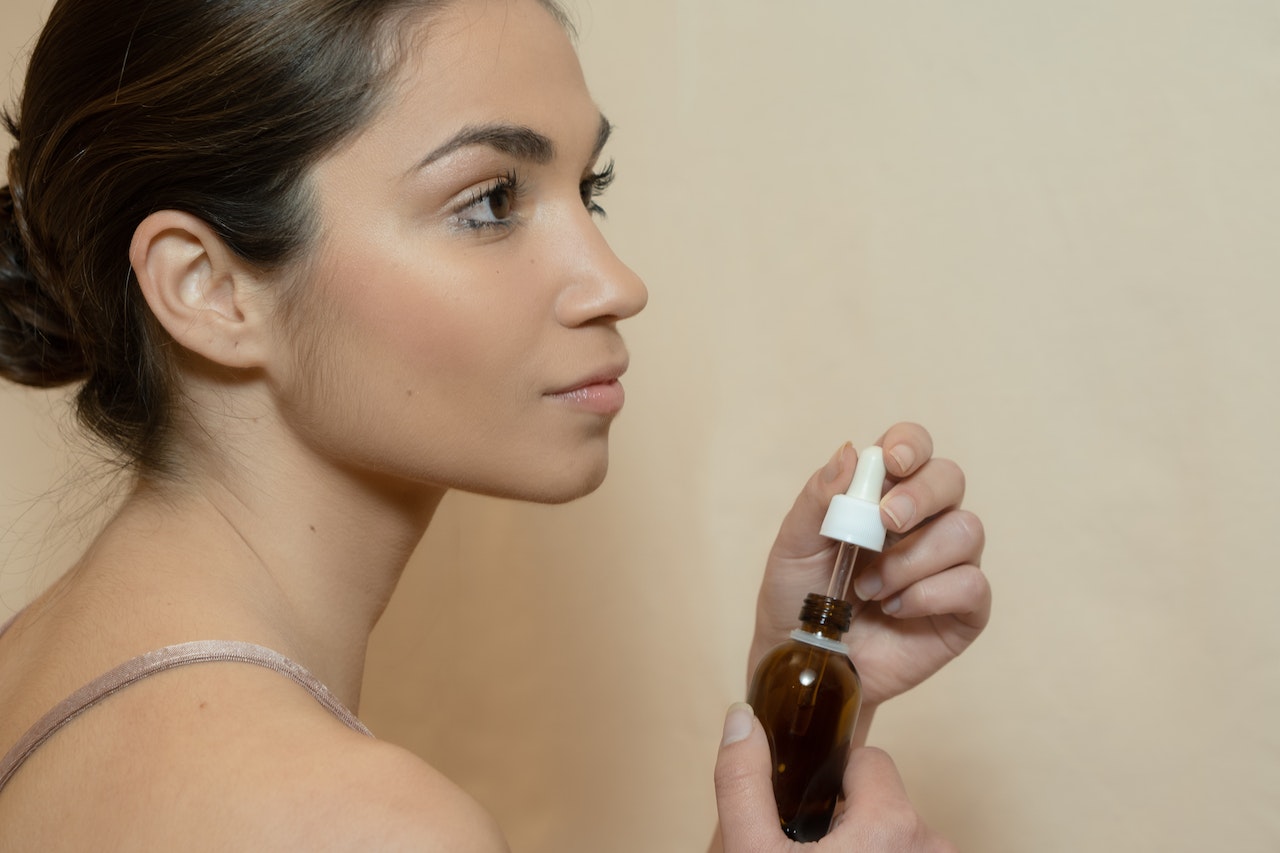
Oils have variable comedogenicity. Thus, if you deal with problem skin, you should choose care products with the lowest level of comedogenicity. According to this factor, the following face oils for acne are the top ones.
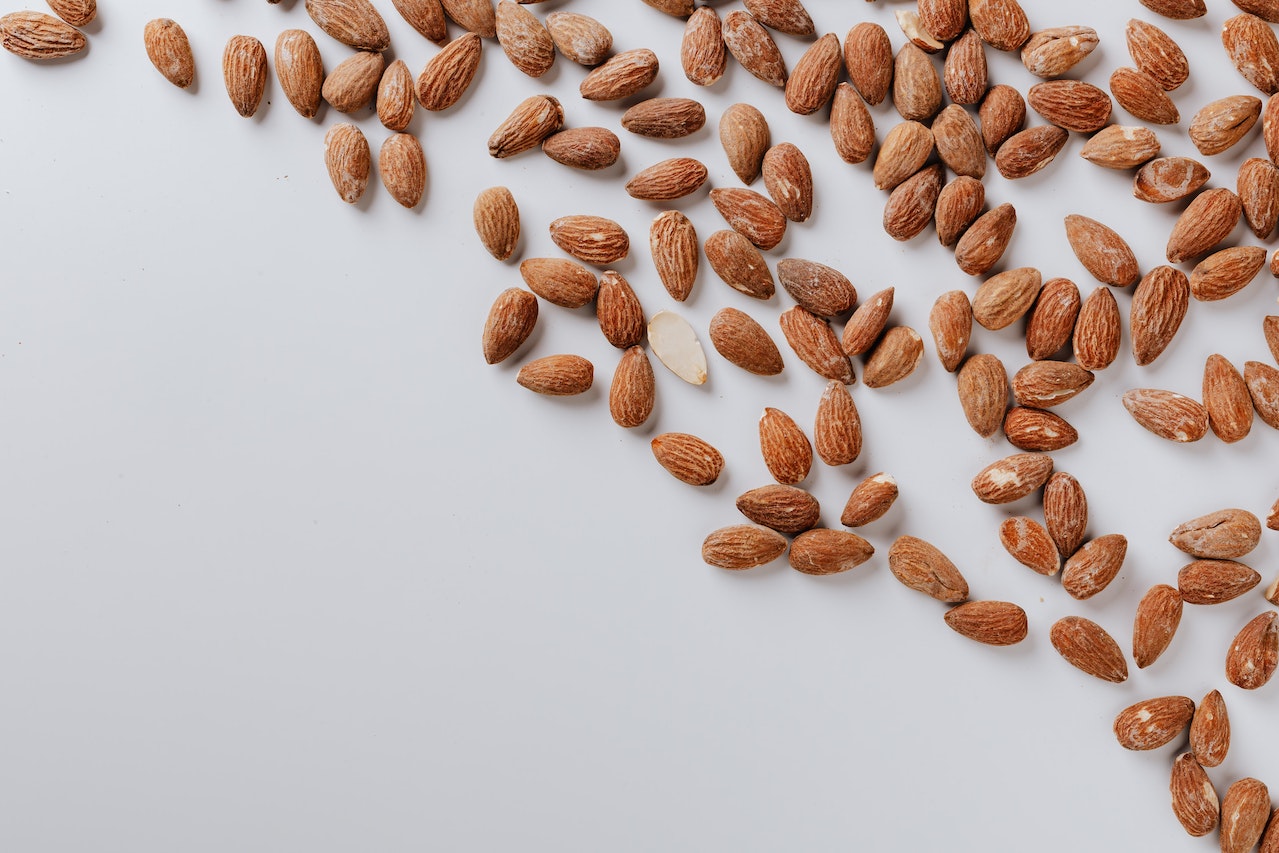
Like any nut, almonds are almost half oil (44%). The other half is protein with essential amino acids and some carbohydrates. Almond oil for acne skin is beneficial due to the following points:
Almond oil for face acne is considered a base one, that is, it can serve as an independent skin care product.
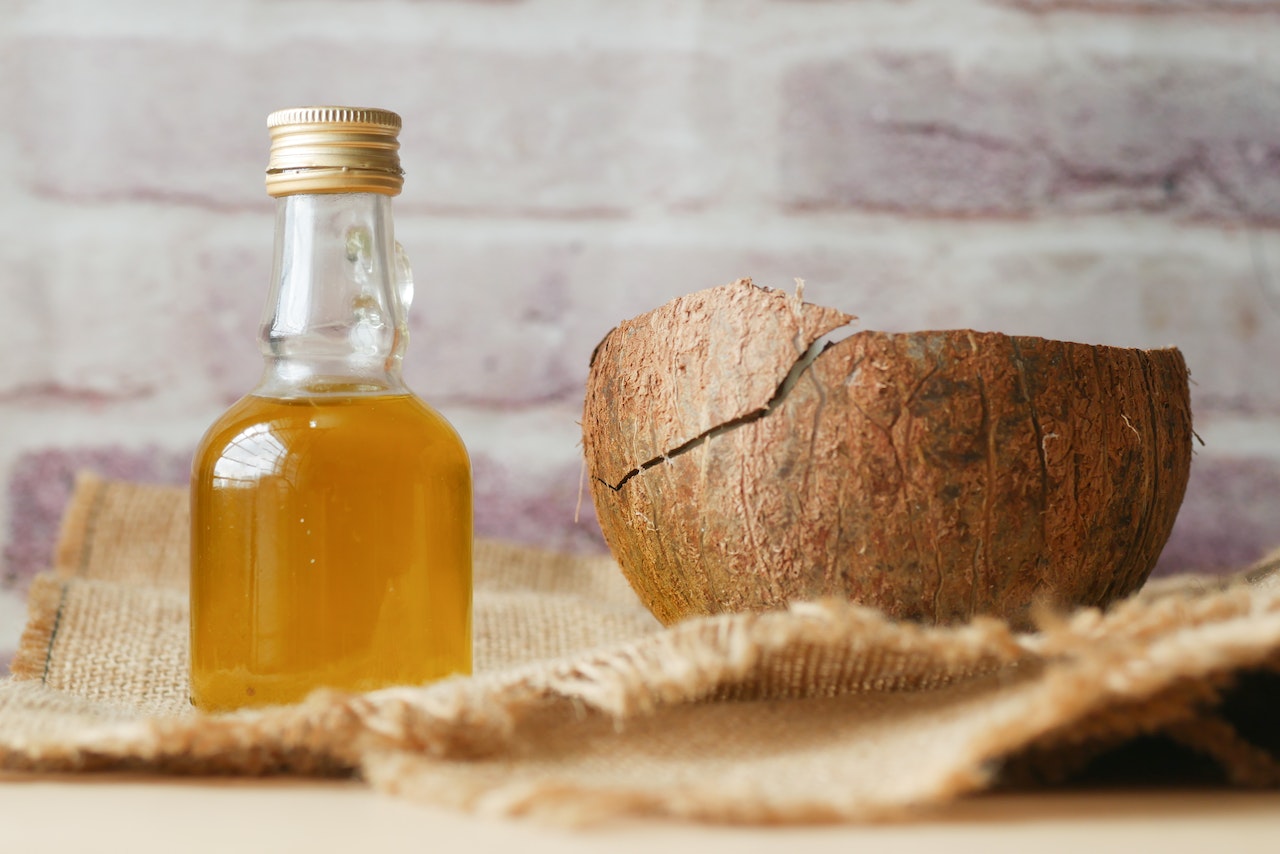
Coconut oil for acne is a natural remedy for the face surface, which was known to the healers of Ayurveda 4 thousand years ago. Answering the question "Is coconut oil good for acne?", note that it perfectly moisturizes and nourishes face cells. Today, it is chosen for its high efficiency in the fight against the first wrinkles, peeling, and age spots. It is perfectly absorbed without leaving a greasy shine on the skin. The benefits of coconut oil for acne include:
You can use coconut oil on your face instead of cream. Still, it also serves as the basis for other plant extracts and essential oils. The benefits of applying coconut oil on the face overnight for acne are approved by dermatologists.
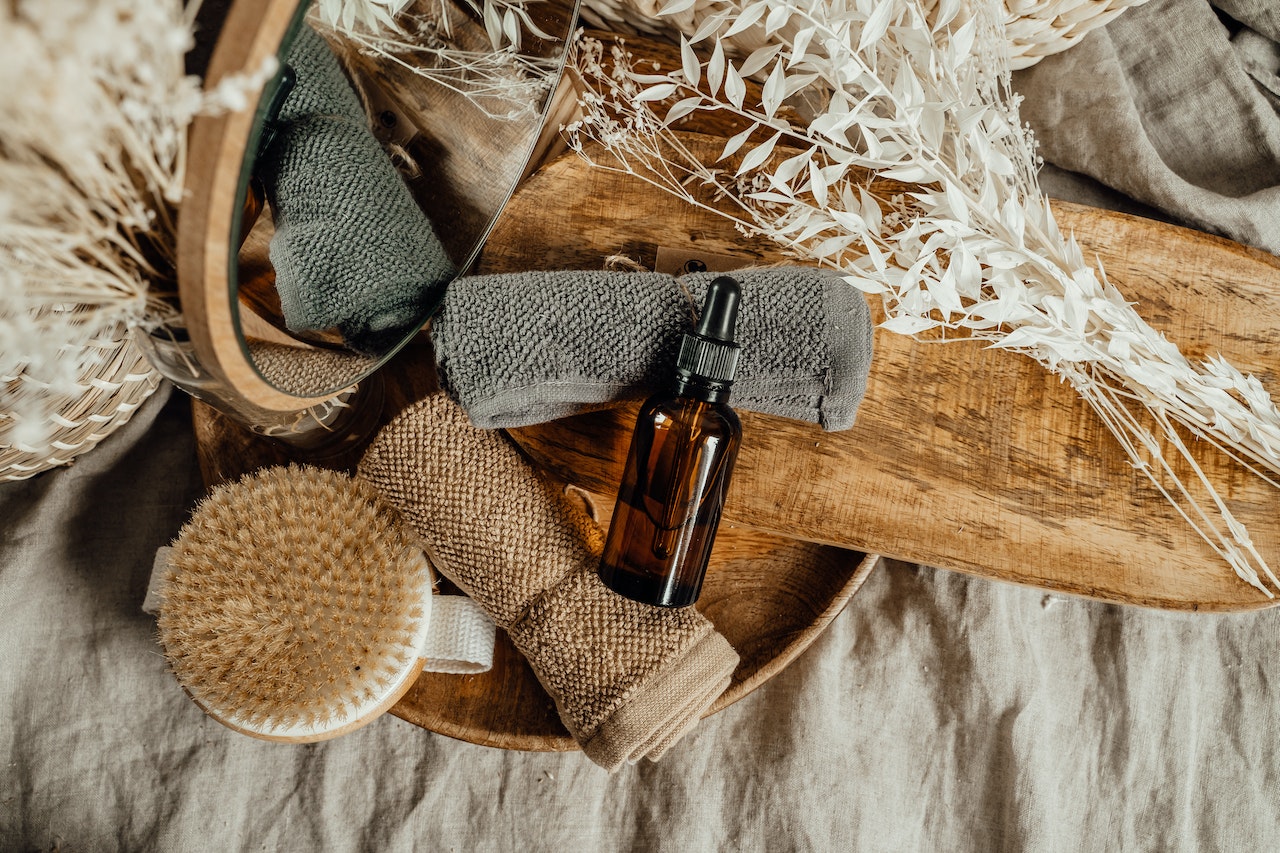
Argan oil for face acne is a real storehouse of nutrients and vitamins. The product is very useful in the care of aging skin, as it has anti-inflammatory and rejuvenating properties. Argan oil for acne-prone skin benefits:
With proper selection and use of Argan oil for acne, the effect will be noticeable after the first application.
Aloe oil has a moisturizing, anti-inflammatory, and soothing effect. Increased softening and regenerating effects are noticed. The product penetrates deeply into cell structures, strengthens membranes, and increases the rate of recovery of damaged areas. The regular use of Aloe Vera oil for acne skin slows down the aging process and protects the face surface from destructive influences of environmental factors.
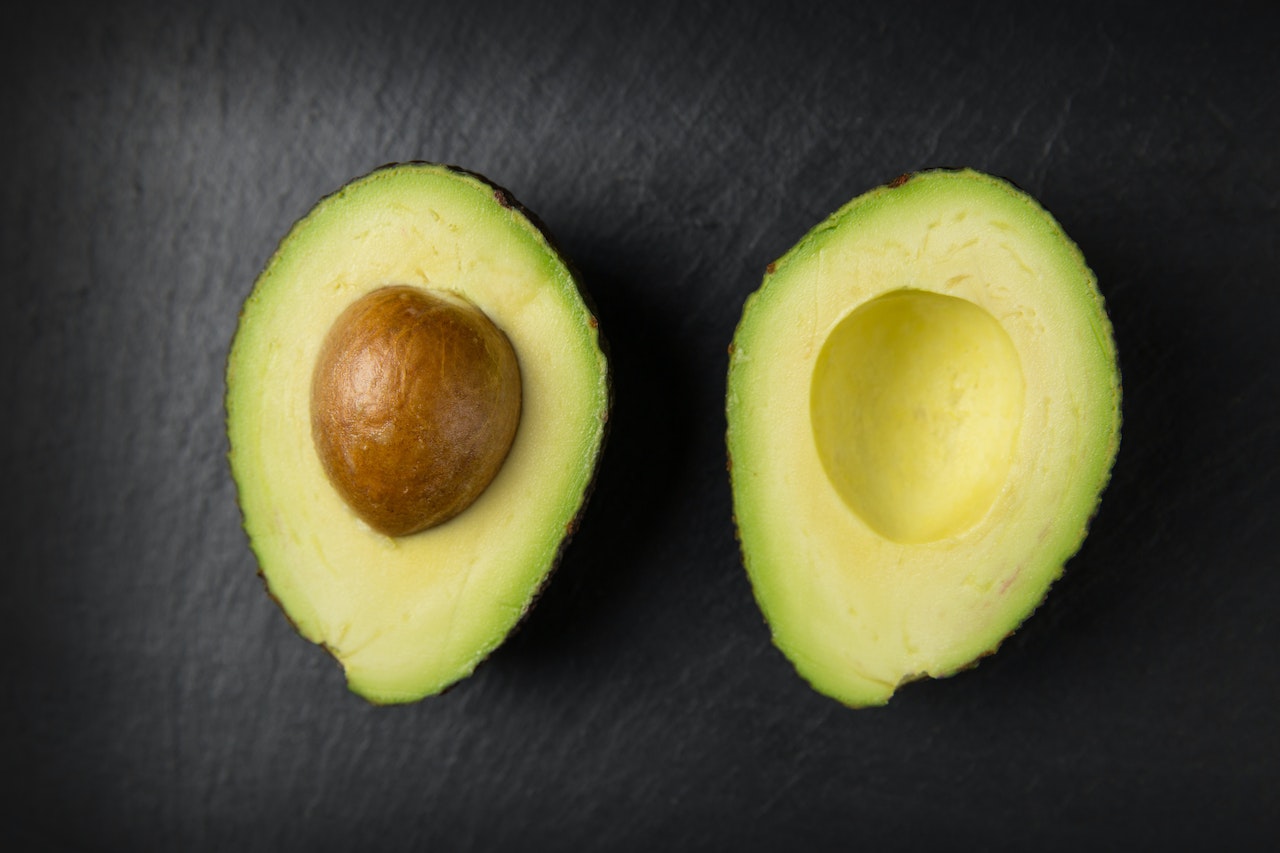
Avocado oil is a source of antioxidants, essential fatty acids, minerals, and vitamins. That`s why it soothes and heals the skin. This exotic product moisturizes the skin and protects against damage. Beauticians use avocado oil for acne skin to:
Avocado oil is good for all skin types. But, people with sensitive skin suffering from pimples or blackheads should use it with caution. Thus, do a tolerance test before using this product.
You can find highly effective avocado oil for skin acne here https://dermoi.com/product/nourish-avocado-facial-oil/.
When answering the question "is tea tree oil good for acne?" note that it has a powerful antiseptic effect. Thus, even some doctors and skin care professionals recommend it as an alternative to conventional medicines and cosmetic products. If you constantly use tea tree oil for acne, the skin becomes clean, smooth, and elastic. Here are the benefits of tea tree oil for acne:
Scientific studies and women`s feedback confirm that it helps cope with acne. Its effect is similar to that of antibacterial creams. It unclogs pores and kills bacteria that are highly resistant to most common antibiotics.
Yet, the question of how to use tea tree oil for acne arises. Note that it is possible to use it as an independent product by rubbing 1-3 drops into cells or applying it with a cotton pad or mixing it with other oils.
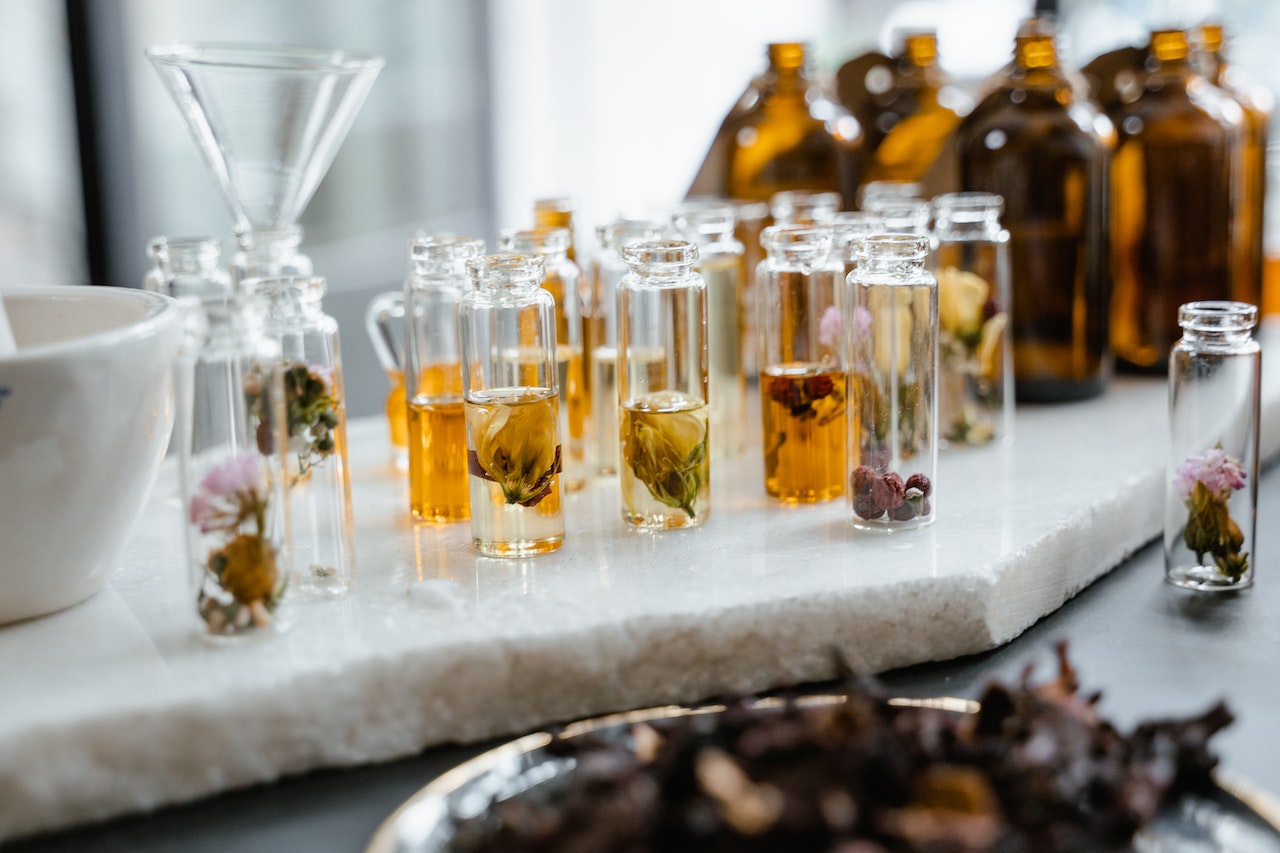
Its chemical composition is unique. Rosehip oil contains organic acids, essential oils, vitamins, and phytoncides. Rose hips contain 40-50 times more ascorbic acid than lemons. The benefits of rosehip oil for acne in cosmetology:
It is a universal care product for dry, oily, aging, and problem skin. Rosehip oil for acne relieves scars, microdamage, age spots, acne, blackheads, and other skin problems.
Dozens of care products are offered on the market. Thus, everyone can pick the best face oil for acne-prone skin. But before you try them, consult your dermatologist to help your skin fight the problem and not harm face cells.